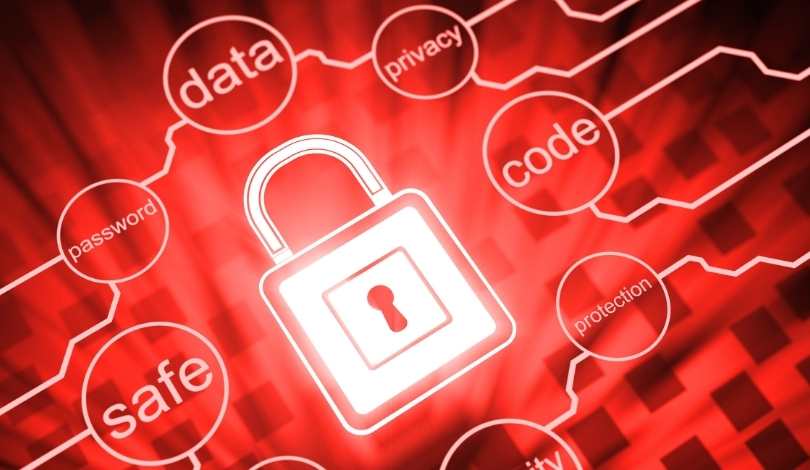Victims striving to hold spyware manufacturers accountable encounter numerous legal challenges. Recent developments include Apple‘s attempt to drop its lawsuit against NSO Group and Meta’s request for sanctions against the same company for withholding its source code. These cases highlight the ongoing struggle to obtain judicial remedies against those deploying invasive surveillance technologies.
Historically, lawsuits targeting spyware makers have rarely succeeded due to complex jurisdictional issues and powerful defenses. Most legal actions against NSO Group, for instance, have been dismissed or stalled, reflecting the formidable barriers victims face in courtrooms worldwide.
Are Courts Becoming More Accessible to Spyware Victims?
Recent rulings in the United Kingdom indicate a shift towards greater accessibility for spyware victims. UK courts have allowed cases against Bahrain and Saudi Arabia to proceed, contrasting with previous dismissals in other jurisdictions. This change suggests a growing recognition of the need to address spyware abuses through legal channels.
What Legal Barriers Still Exist for Plaintiffs?
Despite some progress, plaintiffs continue to face significant obstacles, such as the interpretation of the 1976 Foreign Sovereign Immunities Act. This law restricts U.S. courts’ ability to hear cases against foreign governments, complicating efforts to hold entities like NSO Group accountable for their actions.
Can Legislative Changes Improve Accountability for Spyware?
Legal experts argue that updated legislation could provide clearer avenues for victims to seek redress. Strengthening laws related to digital surveillance and international cooperation may enhance the ability of courts to adjudicate cases against spyware manufacturers and their clients effectively.
“We’re still learning what works to stem the harmful proliferation of mercenary spyware,”
stated John Scott-Railton of the University of Toronto’s Citizen Lab. Additionally, Hanan Elatr, the widow of Jamal Khashoggi, emphasized,
“This is the only hope I have, the last hope,”
underscoring the critical role of ongoing litigation in pursuing justice.
The legal landscape is gradually evolving, with recent court decisions offering new avenues for accountability. While challenges remain, the persistence of advocates and favorable rulings in some jurisdictions provide a foundation for future successes in the fight against malicious spyware use.










